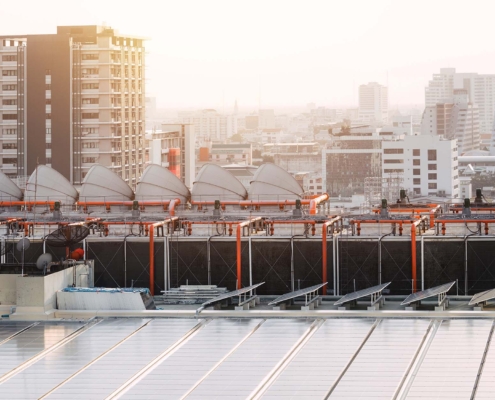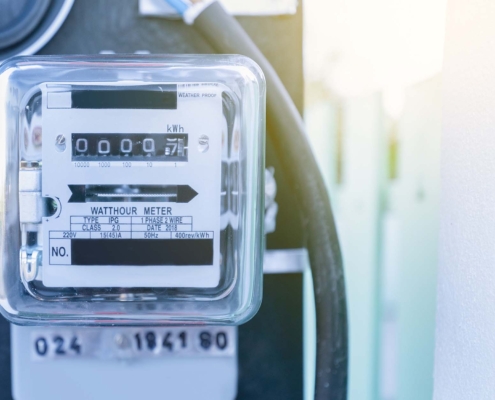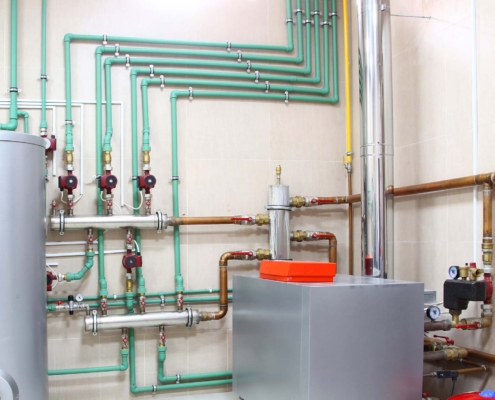 https://www.aircomfort.com/wp-content/uploads/2022/10/What-Is-IECC-and-How-Does-It-Affect-Your-Business__.jpg
1250
2000
Ike Oji
/wp-content/uploads/2021/08/AC_Logo_FIN_-wTag.png
Ike Oji2022-10-31 09:00:002023-04-27 15:24:16What is the IECC?
https://www.aircomfort.com/wp-content/uploads/2022/10/What-Is-IECC-and-How-Does-It-Affect-Your-Business__.jpg
1250
2000
Ike Oji
/wp-content/uploads/2021/08/AC_Logo_FIN_-wTag.png
Ike Oji2022-10-31 09:00:002023-04-27 15:24:16What is the IECC?Tips for Minimizing Your Energy Expenses
If your organization is searching for strategies to save money on utility bills, you’re in luck. Energy efficiency measures aren’t in short supply. With opportunities as simple as swapping out air filters or as nuanced as deploying automated controls, you have plenty of options to consider. In this post, we’ll begin exploring some of the possibilities so your organization can take control of energy expenses.
HVAC Energy Savings
One of the best places to begin implementing cost-saving measures is with your HVAC infrastructure. Some quick ideas include:
- Installing or programming an automated thermostat
- Ensuring windows and doors close properly and seal
- Keeping curtains, shades, and blinds closed at night to retain heat during the winter
- Keeping curtains, shades, and blinds closed throughout the day during the summer
- Sealing off unused areas of your building
- Replacing air filters on a monthly or seasonal basis
- Scheduling routine inspection and maintenance for your HVAC systems
- Installing energy efficiency upgrades or retrofitting existing equipment
Chicago Building Automation Systems
While the above tips offer quick, simple ways to reduce your utility expenses, you may be looking for a more robust solution. If that’s the case, a customized building automation system (BAS) offers a route worth considering. A BAS automates many of the above suggestions to streamline your energy operations.
For example, a BAS platform can be customized to close blinds at specific times of day, monitor room usage to optimize HVAC performance, and alert your team of any issues with your HVAC infrastructure. While a BAS platform represents a substantial capital investment, it’s designed to deliver a full return on your investment over several years and eventually generate positive cash flow. If you’re looking for the ultimate way to minimize energy expenses in the long run, look no further than automating your building’s control systems with a BAS.
Water Heating Opportunities
In addition to your HVAC, you can minimize energy expenses by fine-tuning your water heating equipment. Steps you can take include:
- Lower hot water temperature to 120 degrees if your business doesn’t depend on it for critical operations
- Insulate hot water tanks and pipes
- Replace old water heaters with new, high-efficiency models
Fortunately, a BAS also can be designed to incorporate your facility’s water heaters for continual monitoring and greater energy efficiency.
Building Infrastructure Opportunities
In addition to HVAC and water heaters, take a closer look at your building infrastructure to pinpoint potential ways to reduce energy expenses. Consider possibilities like:
- Checking for worn, cracked, or missing caulk and seals on doors, windows, and other building gaps
- Examining air ducts for leaks, gaps, or disconnections, and sealing them
- Insulating rooms, walls, and crawl spaces with the latest energy-efficient insulation
Commercial Building Energy Audits
While these tips are straightforward enough to start saving money on utility bills right away, you need a team of professionals on your side. If that’s the case, professional HVAC companies offer commercial building energy audits designed to pinpoint inefficiencies and find ways to solve them. By conducting a professional energy audit, you can be confident you’re getting the most value from your infrastructure while saving money on utility bills from day one.
The HVAC Chicago Experts
If you’re ready to take your building’s energy efficiency measures to the next level, contact the experts at Air Comfort today. We’ll work to understand your efficiency goals and turn them into a reality for your business. Whether that’s as simple as retrofitting existing equipment or as complicated as deploying a comprehensive building automation system, our team has the experience to get the job done with minimal downtime and within budget.
Related Postings
 https://www.aircomfort.com/wp-content/uploads/2022/10/What-Is-IECC-and-How-Does-It-Affect-Your-Business__.jpg
1250
2000
Ike Oji
/wp-content/uploads/2021/08/AC_Logo_FIN_-wTag.png
Ike Oji2022-10-31 09:00:002023-04-27 15:24:16What is the IECC?
https://www.aircomfort.com/wp-content/uploads/2022/10/What-Is-IECC-and-How-Does-It-Affect-Your-Business__.jpg
1250
2000
Ike Oji
/wp-content/uploads/2021/08/AC_Logo_FIN_-wTag.png
Ike Oji2022-10-31 09:00:002023-04-27 15:24:16What is the IECC? https://www.aircomfort.com/wp-content/uploads/2022/09/Electrical-equipment.energy-meter-is-a-device-that-measures-the-amount-of-electric-energy-consumed-by-a-residence.jpg
1250
2000
Valeriia Mamleeva
/wp-content/uploads/2021/08/AC_Logo_FIN_-wTag.png
Valeriia Mamleeva2022-09-22 09:00:052023-04-27 15:24:16How To Reduce Energy Use in Commercial Buildings
https://www.aircomfort.com/wp-content/uploads/2022/09/Electrical-equipment.energy-meter-is-a-device-that-measures-the-amount-of-electric-energy-consumed-by-a-residence.jpg
1250
2000
Valeriia Mamleeva
/wp-content/uploads/2021/08/AC_Logo_FIN_-wTag.png
Valeriia Mamleeva2022-09-22 09:00:052023-04-27 15:24:16How To Reduce Energy Use in Commercial Buildings https://www.aircomfort.com/wp-content/uploads/2022/09/boiler-room_.jpg
1250
2000
Valeriia Mamleeva
/wp-content/uploads/2021/08/AC_Logo_FIN_-wTag.png
Valeriia Mamleeva2022-09-15 09:00:372023-04-27 15:24:16How To Identify Common Boiler Problems
https://www.aircomfort.com/wp-content/uploads/2022/09/boiler-room_.jpg
1250
2000
Valeriia Mamleeva
/wp-content/uploads/2021/08/AC_Logo_FIN_-wTag.png
Valeriia Mamleeva2022-09-15 09:00:372023-04-27 15:24:16How To Identify Common Boiler Problems

About
Air Comfort’s mission is to work closely with customers to provide a true “comfort level” for their businesses, with uninterrupted performance and round-the-clock reliability.


